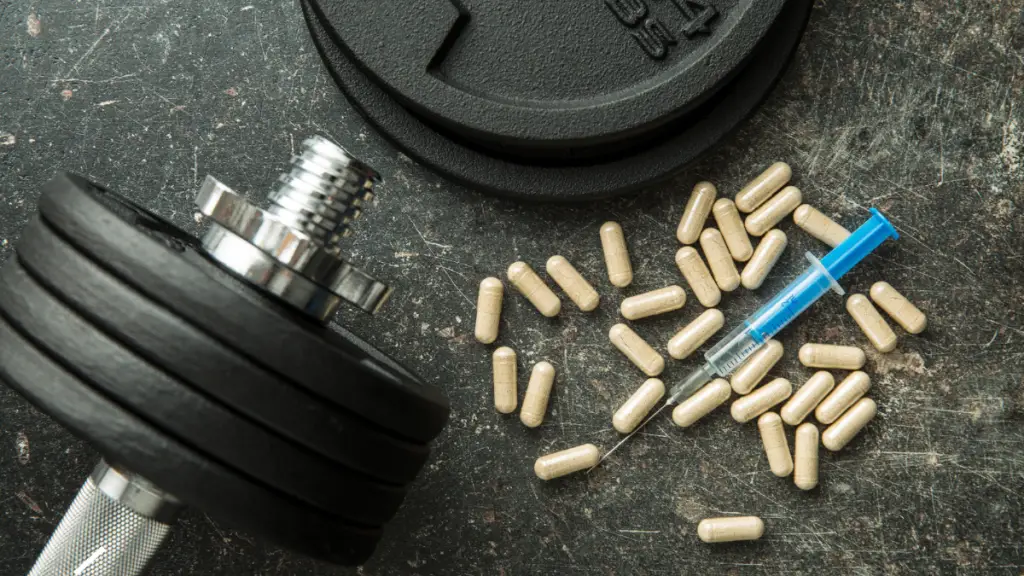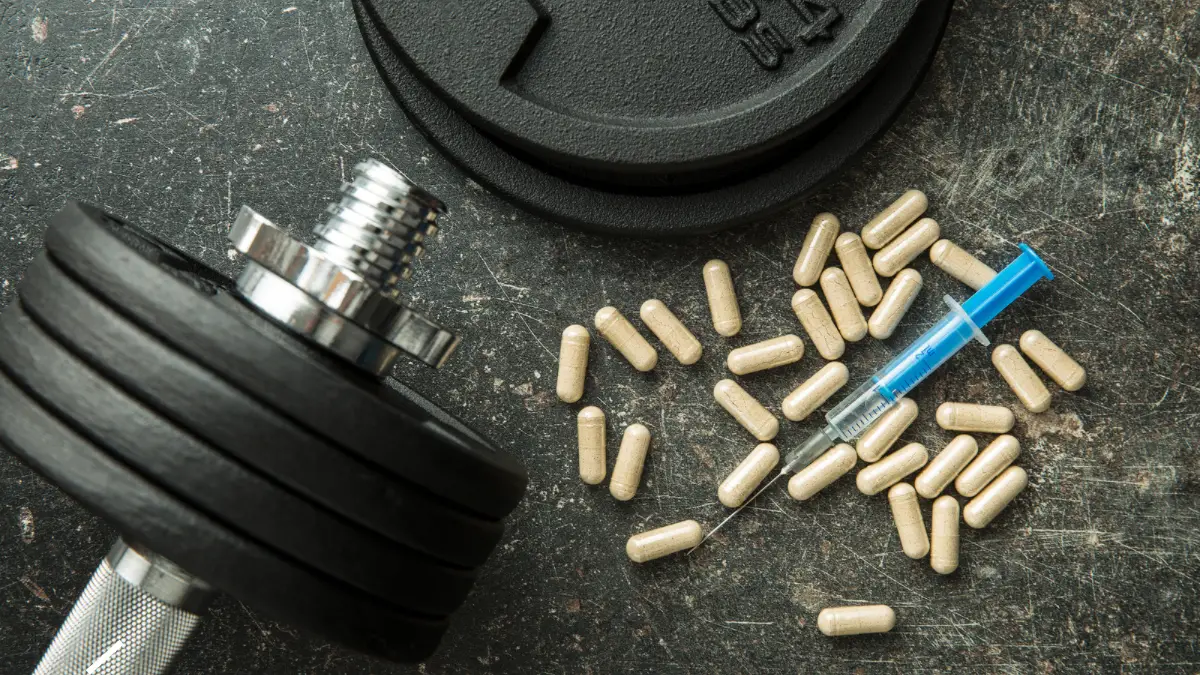Football is one of the most popular sports in the world, revered for its intense physical demands, mental endurance, and strategic depth. However, like many competitive sports, football has not been immune to the problem of doping. The unethical use of drugs by players to enhance performance or recover faster from injuries undermines the spirit of fair competition. This article examines the ethics governing drug use in football, identifies common unethical drugs, and highlights notable cases of doping involving footballers, including the drugs used, how they were caught, and their subsequent punishments.
Understanding Drugs and Their Ethical Governance in Football
Drugs in sports can be broadly categorized into therapeutic and performance-enhancing substances. Therapeutic drugs, like those used to treat injuries or illnesses, are essential for a player’s health and well-being. However, performance-enhancing drugs (PEDs) and other banned substances fall under the domain of unethical use when they provide an unfair advantage over competitors.
The governance of drug use in football is primarily overseen by organizations such as the World Anti-Doping Agency (WADA) and FIFA’s Anti-Doping Regulations. These bodies establish lists of prohibited substances and methods, conduct testing, and enforce violation penalties. The ethical foundation of these regulations lies in preserving the integrity of sport, protecting players’ health, and ensuring fairness in competition.
Principles of Drug Regulation in Football:
1. Fair Play: Doping disrupts the level playing field essential to competitive integrity.
2. Player Health: Many banned substances have significant side effects and long-term health risks.
3. Role Models: Professional footballers influence millions, especially young fans, and unethical behavior sends the wrong message.
Despite these guidelines, some players have resorted to the unethical use of drugs, often driven by the pressure to perform, recover quickly, or secure lucrative contracts.
Unethical Drugs in Football
The substances considered unethical or banned in football fall into several categories. These drugs either enhance physical performance, increase endurance, or provide short-term recovery benefits. Common categories include:
1. Anabolic Steroids
– Examples: Testosterone, Stanozolol.
– Purpose: Increases muscle mass, strength, and recovery speed.
– Side Effects: Liver damage, cardiovascular issues, aggression, hormonal imbalances.
2. Stimulants
– Examples: Amphetamines, Cocaine, Ephedrine.
– Purpose: Boosts alertness, and energy, and reduces fatigue.
– Side Effects: Heart problems, addiction, anxiety, and paranoia.
3. Hormones
– Examples: Human Growth Hormone (HGH), Erythropoietin (EPO).
– Purpose: Enhances endurance by increasing red blood cell production, and improving oxygen delivery to muscles.
– Side Effects: Blood clots, hypertension, joint pain.

4. Masking Agents
– Examples: Diuretics.
– Purpose: Helps conceal the presence of banned substances in urine tests.
– Side Effects: Dehydration, electrolyte imbalance.
5. Painkillers and Corticosteroids
– Examples: Codeine, Prednisone.
– Purpose: Used to manage pain and inflammation, allowing players to compete while injured.
– Side Effects: Dependency, gastrointestinal issues, and long-term joint damage.
6. Recreational Drugs
– Examples: Cannabis, Cocaine.
– Purpose: While not performance-enhancing, their use is prohibited for damaging the reputation of football and impairing player safety.
– Side Effects: Addiction, mental health issues, and impaired physical performance.
Notable Cases of Doping in Football
Over the years, several high-profile footballers have been implicated in doping scandals. These cases demonstrate the pervasive temptation and consequences of drug misuse in the sport.
1. Diego Maradona (1994 FIFA World Cup)
Arguably one of the greatest footballers of all time, Diego Maradona’s career was marred by multiple drug-related controversies. During the 1994 FIFA World Cup, Maradona tested positive for ephedrine, a stimulant banned under WADA regulations.
– How It Happened: After scoring and celebrating a spectacular goal against Greece, Maradona was subjected to a routine drug test. The test revealed the presence of five variants of ephedrine.
– Punishment: He was expelled from the tournament and handed a 15-month ban from football. Maradona’s legacy was significantly tarnished by his recurring drug abuse, which also involved cocaine earlier in his career.
2. Adrian Mutu (Chelsea, 2004)
Romanian striker Adrian Mutu faced one of the most infamous doping cases in football. While playing for Chelsea FC in 2004, Mutu tested positive for cocaine.
– How It Happened: Mutu’s recreational drug use came to light during routine testing conducted by the English Football Association (FA).
Punishment: Chelsea sacked him, banned him for seven months, and fined £20,000. Additionally, Mutu faced legal consequences, with Chelsea suing him for breach of contract and awarding him £14.6 million in damages.
3. Samir Nasri (2018, Sevilla FC)
French midfielder Samir Nasri was suspended after receiving an intravenous drip treatment during his time at Sevilla FC, which violated WADA’s regulations on permissible levels of intravenous infusion.
– How It Happened: Nasri received a treatment containing nutrients and hydration exceeding the 50 mL limit per six hours allowed under anti-doping rules.
– Punishment: He was initially banned for six months, which was later extended to 18 months after a review.
4. Pep Guardiola (2001, Brescia)
Before becoming one of the greatest managers in football history, Pep Guardiola faced doping allegations during his playing career. While at Brescia, Guardiola tested positive for nandrolone, an anabolic steroid.
– How It Happened: Routine post-match drug testing detected elevated levels of nandrolone metabolites in Guardiola’s system.
– Punishment: He was banned for four months and fined €50,000. Guardiola consistently denied the allegations and was eventually cleared of wrongdoing after years of appeals, but the case remains a contentious chapter in his career.
5. Kolo Touré (2011, Manchester City)
Ivorian defender Kolo Touré tested positive for a weight-loss drug that contained a banned substance.
– How It Happened: Touré claimed he had taken his wife’s slimming pills without knowing they contained prohibited ingredients.
– Punishment: He was banned for six months and missed significant matches during the season.
Punishments for Doping in Football
Punishments for doping depend on the severity of the violation, the type of drug used, and whether the athlete is a repeat offender. Common penalties include:
1. Suspensions: Players can be banned for several months to years depending on the violation.
2. Fines: Players may face financial penalties from both governing bodies and their clubs.
3. Contract Termination: Clubs have the right to terminate contracts for serious breaches of anti-doping rules.
4. Public Disgrace: Beyond official penalties, players’ reputations are often irreparably damaged, affecting endorsements and future career opportunities.
Preventing Doping in Football
Preventing the unethical use of drugs in football requires a multi-pronged approach:
1. Education: Educating players, especially at the grassroots level, about the dangers and consequences of doping.
2. Rigorous Testing: Random and routine drug testing during matches, training sessions, and off-seasons.
3. Support Systems: Providing medical and psychological support to players to reduce reliance on drugs for performance or recovery.
4. Strict Enforcement: Ensuring consistent and transparent enforcement of anti-doping regulations.
The unethical use of drugs in football undermines the principles of fair play, endangers players’ health, and tarnishes the sport’s image. While notable cases like Diego Maradona and Adrian Mutu highlight the consequences of doping, they also underscore the importance of education, prevention, and strict governance in addressing this issue. Football’s governing bodies, clubs, and players must work collectively to uphold the integrity of the sport and ensure that talent, not drugs, determines success on the field.





